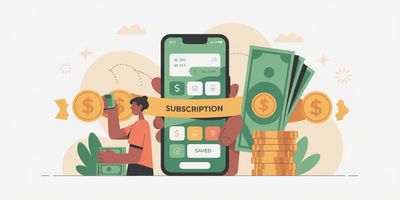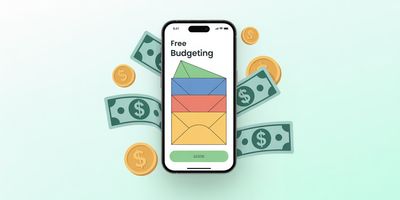
Family Budgeting with Kids: A Complete Guide to the Envelope Method
Learn how to successfully budget for a family with children using the envelope method. Practical tips for managing kid expenses, activities, and household costs.
Read moreFinancial tips, app updates, and insights to help you master your money with envelope budgeting.

Learn how to successfully budget for a family with children using the envelope method. Practical tips for managing kid expenses, activities, and household costs.
Read more
Learn how to create an effective grocery budget using the envelope method. Includes meal planning tips, shopping strategies, and ways to reduce food spending without sacrificing quality.
Read more
Let's not dance around it: YNAB is expensive. At $14.99/month (or $109/year), it's one of the priciest budgeting apps on the market. And if you've...
Read more
Learn how to save for your dream vacation using envelope budgeting. Create dedicated travel envelopes, avoid vacation debt, and enjoy stress-free trips with a proven system.
Read more
You've decided to get your finances in order. Great. You open your phone, search "free budgeting app," and immediately get hit with hundreds...
Read more
Learn how to systematically save for a house down payment with envelope budgeting. Create dedicated envelopes, automate savings, and reach your homeownership goals faster.
Read more